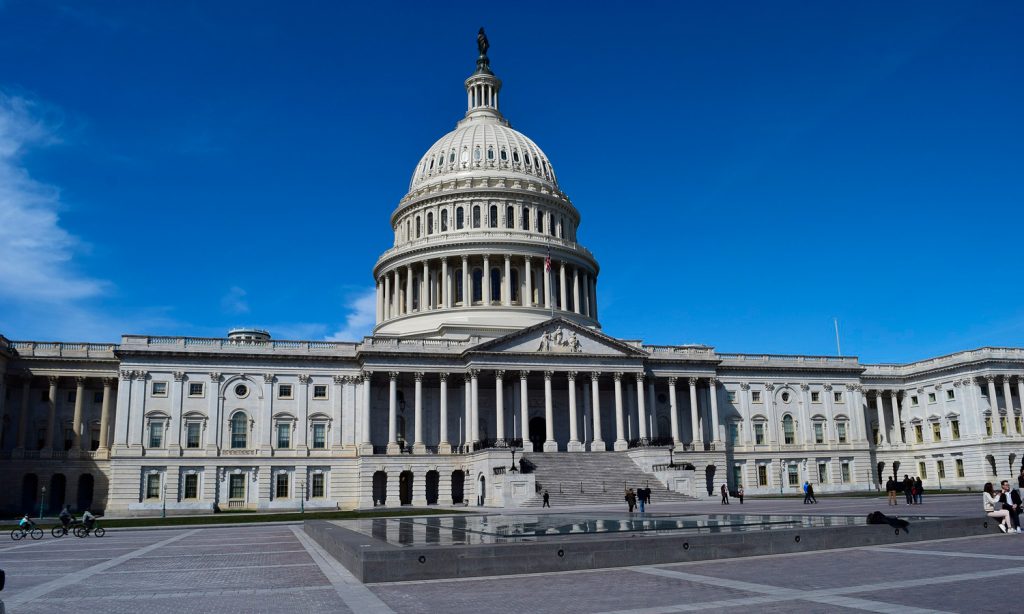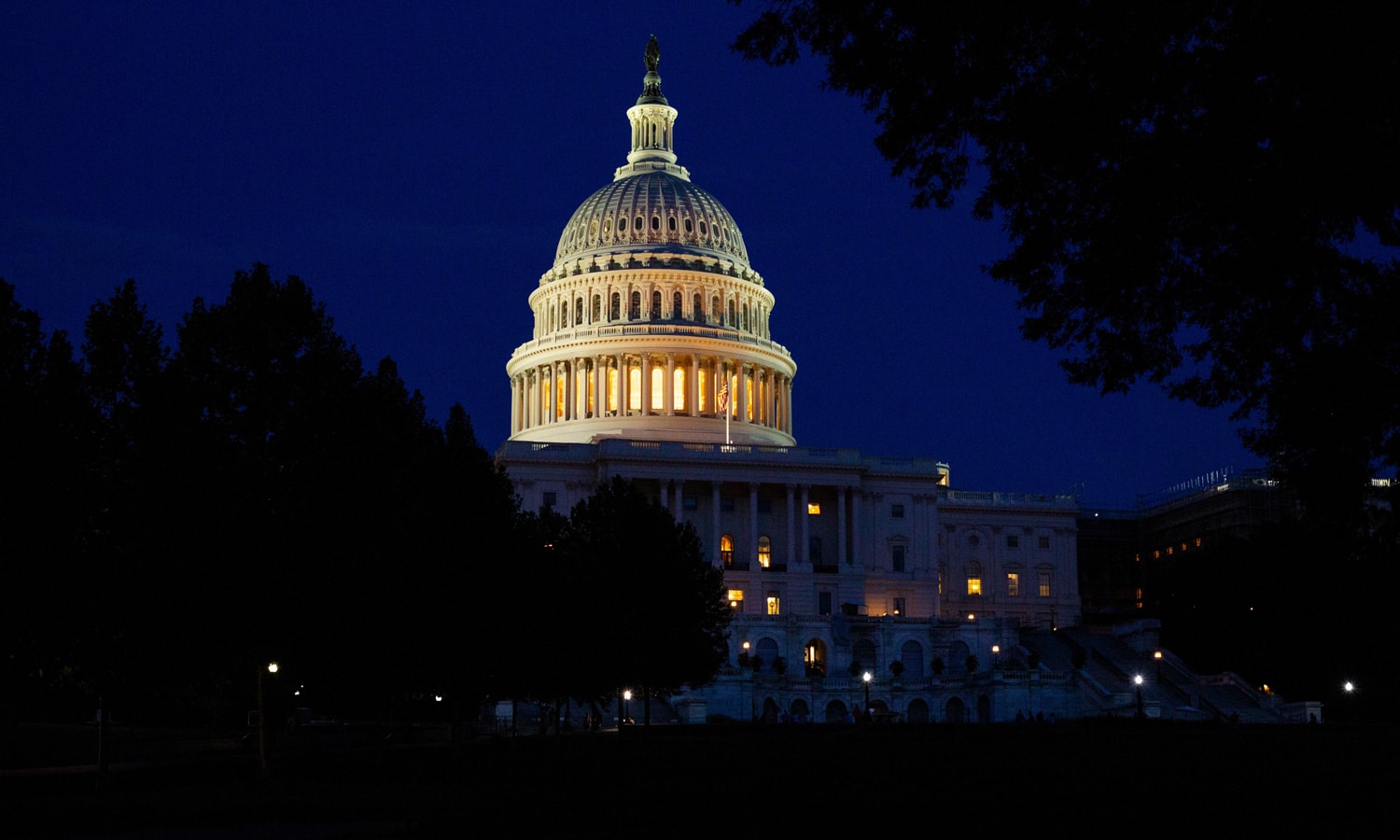The hope was that this testimony could demonstrate a pathway by three federal agencies represented to free up marijuana for possible federal legalization and medical research
Marijuana history was made Wednesday when legislators in another major committee — House Committee on Energy and Commerce, the oldest committee in Congress — heard witness testimony seeking to help advance six pieces of legislation, including the Marijuana Opportunity Reinvestment and Expungement (MORE) Act, which is one of the most comprehensive pieces of legislation ever introduced.
Senate Banking Committee Chairman Mike Crapo recently announced the Senate would not advance the Secure and Fair Enforcement Banking (SAFE) Act, a bill passed by the House in September after a hearing at the House Committee on Financial Services on February 13, which would have allowed cannabis businesses to use federally-licensed banking services.
The hope was that this testimony could demonstrate a pathway by the three federal agencies represented to free up marijuana for possible federal legalization and medical research — if the Food and Drug Administration (FDA) could figure out how to expedite their slow-moving research efforts that are hampered by the Drug Enforcement Administration’s (DEA) cannabis Schedule 1 dilemma.
RELATED: US House Not Strong Enough To Further Marijuana In 2019
The bottom line? Nothing has changed as a result of this hearing. No new efforts by any of the three agencies were announced. And cannabis for federal research still comes from one farm — it’s hard to procure, and the quality has been shown to be nowhere near the cannabis in your local dispensary. Federal research is going nowhere.
“Researchers are in a Catch 22,” hearing chairwoman Anna Eshoo (D-CA) said in her opening statement about the quandary researchers have to deal with. “That doesn’t make sense, at least to me.”

The January 15 hearing, “Cannabis Policies for the New Decade,” was another legislative furrowed brow foray into the weeds, as it were, where witnesses from the DEA (Matthew Strait, senior policy advisor of the Diversion Control Division), the FDA (Dr. Douglas Throckmorton, deputy director for regulatory Programs at the Center for Drug Evaluation and Research) and the National Institutes of Health (Dr. Nora Volkow, director of the National Institute on Drug Abuse), all presented.
Each basically had to address the committee’s overriding question: “What’s the holdup?”
It was a bit of a tough slog for witnesses, as 24 congressmen and Chairwoman Eshoo asked mostly softball questions during the 3 ½ hour hearing that could be summarized as follows: legalizing cannabis is still a long way off, the DEA won’t be changing the schedule of cannabis any time soon, and the industry just has to live with a sense of frustration that both witnesses and a few congressmen expressed during the hearing.
RELATED: More Proof That Marijuana Banking SAFE Act Is Dead
Volkow talked about how our understanding of cannabis is incomplete, causing concern because she believes higher THC content can lead to psychosis; Throckmorton said that there was an FDA botanical review team, and that the FDA could explore methods of accelerating approval of novel drugs like cannabis; Strait, addressing the slow going of the licensing process for new grows to get more cannabis to do federally legal research, a sore point with the industry, said that the DEA has 605 researchers working on that issue, “making it far and away the most research being done of a controlled substance in the U.S.”.
But any notes about due dates, deadlines, problems solved from these agencies? Nope.
Eshoo expressed the overall sentiment of the room about the research needed for cannabis. “I don’t understand why these three agencies before us can’t get this done.”
She announced a followup hearing with stakeholders to come.


